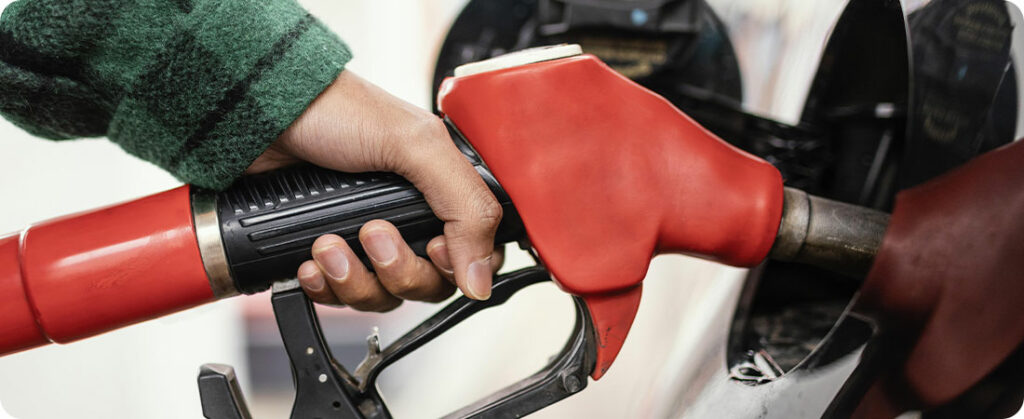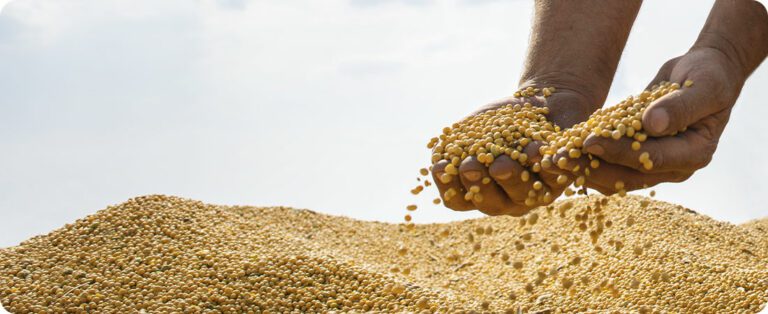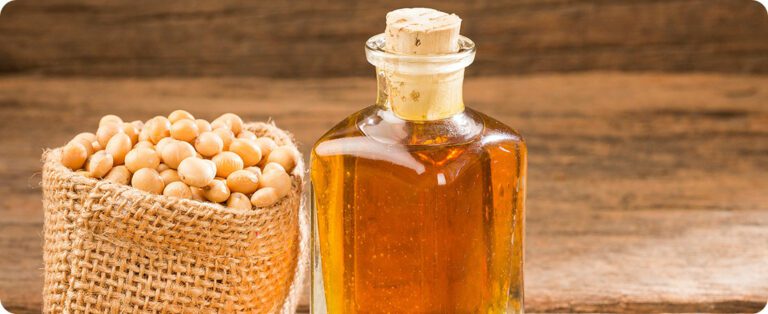
“Brazil has immense potential to become a leader in the production of second generation biofuel.” This is what Milton Steagall, CEO of Grupo BBF (Brasil BioFuels), the largest palm oil producer in Latin America, said this morning at the Agribusiness Seminar, organized by LIDE and the newspaper O Estado de São Paulo, in the capital of São Paulo.
During his participation in the panel “The Great Challenges of Rural Producers and Agribusiness”, Steagall highlighted the Brazilian potential. The focus was on the production of oil palm, also known as palm oil. Federal law allowed the cultivation of the plant only in degraded areas of the Amazon region until December 2007. The BBF Group will use palm oil to produce SAF (sustainable aviation fuel) and Green Diesel from 2026.
Currently, the oil is used by the company as an input for the production of biofuels to generate renewable energy in isolated systems, which bring clean energy to more than 140 thousand residents of remote locations in the Amazon.
Palm potential and challenges in Brazil: A path towards sustainable biofuels
According to Steagall, Brazil currently has a timid share in the palm market. It is the fourth largest producer in the world, behind Indonesia, Malaysia and Thailand. For him, however, the palm has many virtues, such as the fact that it cannot be mechanized, which generates employment and income for the local population. BBF alone employs seven thousand workers directly and another 21 thousand indirectly in five northern states.
“Another important point: palm has a wide production chain. This includes everything from the seed to cultural treatments, harvesting and construction of industries. They focus on extracting oil, transforming it into biofuel and, similarly, producing SAF and Green Diesel. See how many employment opportunities this plant provides. We will only be able to end deforestation if we offer employment opportunities for the population of the Amazon,” he said.
O Palm oil It is a fundamental raw material for SAF and Green Diesel after its chemical chain similar to fossil fuels, with C16 and C18 carbon.
Furthermore, the palm stands out for its efficiency in oil production. Compared to soybeans, it produces 10 times more oil per hectare. This has a positive impact on socioeconomic and environmental factors, making palm oil a relevant choice for biofuels. “Brazil needs to find solutions to its own challenges and be a protagonist in sustainability”, he stated.
The panel included the participation of several leaders from the agricultural sector. Among them was Isabel Ferreira, executive director of Rede ILPF (Integração Lavoura Pecuária Floresta) and Érico Pozzer, president of APA (Associação Paulista de Povicultura). Edison Ticle, CFO of Minerva Foods, and Francisco Matturro, president of LIDE Agronegócios, were also present. In short, the panel was mediated by journalist Isadora Duarte, editor of Broadcast Agro do Estadão.
SAF and Green Diesel
By 2026, the BBF Group will begin supplying SAF (Sustainable Aviation Fuel) and Green Diesel to Vibra Energia (formerly BR Distribuidora) – under an offtaker contract. The raw material, after all, for advanced biofuels will be palm oil cultivated by the BBF Group in the Amazon region. The country's first biorefinery to produce biofuels on an industrial scale will carry out refining at the plant, which is therefore expected to receive an investment of more than R$ 2.2 billion. The new plant will have the capacity to produce around 500 million liters of SAF and Green Diesel annually.
Source: Notícias Agrícolas












